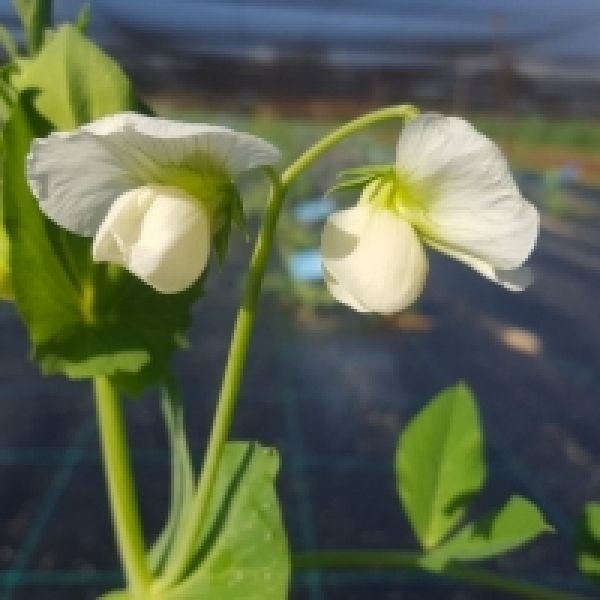The study, published today in Nature Genetics, has important implications for global nutrition and the sustainability of crops, with field peas providing an important plant-based protein source for human food and animal feed.
Professors David Edwards and Jacqueline Batley from UWA’s School of Biological Sciences and UWA’s Institute of Agriculture were co-investigators in the research and said that the field pea had a much larger and more complex genome compared to other legumes.
“The pea genome assembly spans about 4.45 thousand million letters,” Professor Edwards said. “But it’s only with relatively recent technological innovations that we’ve been able to sequence and assemble such large genomes.”
Continue reading at University of Western Australia
Image via University of Western Australia


